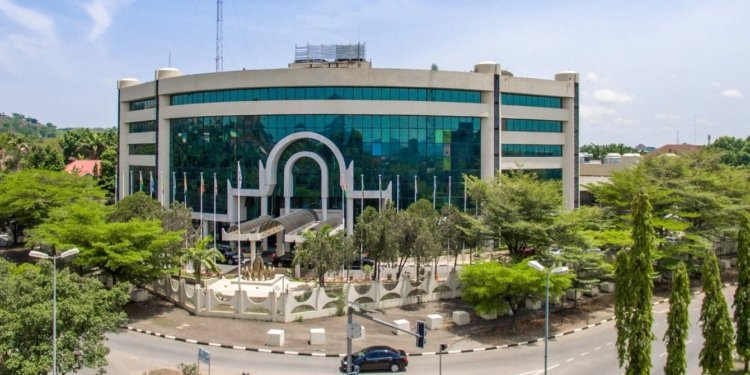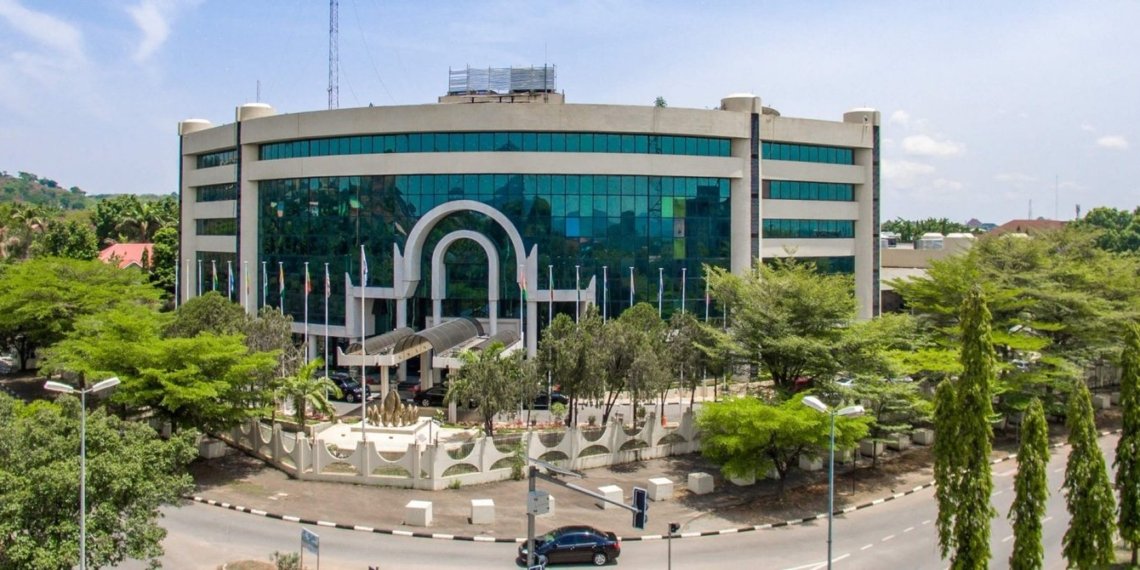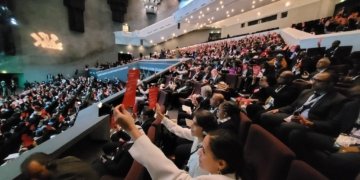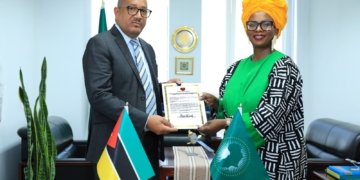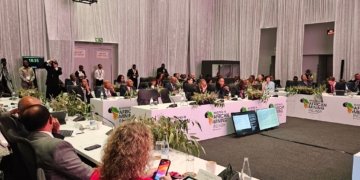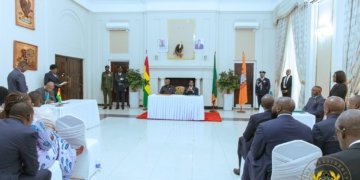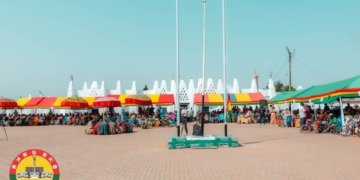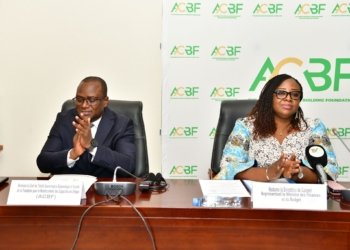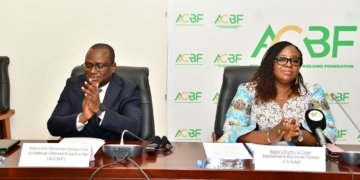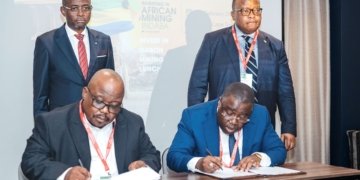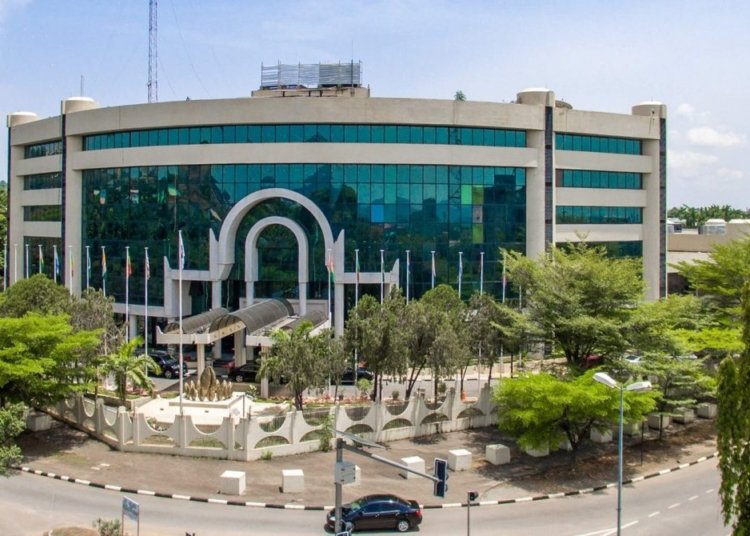ABUJA, Nigeria (BG) — The Economic Community of West African States (ECOWAS) is deepening its support for regional tax reform by helping member states strengthen their ability to assess and manage tax expenditures more effectively.
Improving how governments track and report tax incentives is key to mobilizing domestic revenue, promoting transparency, and aligning fiscal policies with regional and global standards.
Mismanaged tax expenditures can undermine national budgets and restrict economic development, as stated by ECOWAS.
To support these efforts, ECOWAS, through its Directorate of Customs Union and Taxation, hosted a four-day capacity-building workshop from March 24 to 27 in Abuja, in collaboration with the World Bank.
The event brought together tax officials and representatives from the finance ministries of Anglophone member states.
Opening the event on behalf of the ECOWAS Commission President, Omar Alieu Touray, ECOWAS Resident Representative in Sierra Leone, Harouna Moussa, said the initiative will help harmonize policies and improve accountability across the bloc.
“Tax expenditures, if not properly assessed and managed, can significantly impact government revenues and economic development,” Moussa said.
Sierra Leone’s Director of Tax Revenue and Tax Policy, Idrissa Kanu, welcomed the support, emphasizing the importance of unified methods for evaluating tax incentives.
World Bank Senior Economist Alastair Thomas reaffirmed the bank’s commitment to ECOWAS’ 2023 directive on tax expenditure. He stated that the reforms are crucial to expanding the region’s tax base in a fair and efficient manner.
Through technical training and peer exchange, the initiative aims to equip tax administrations with the tools to implement the ECOWAS-adopted methodology and promote sustainable tax policy reforms across West Africa.
